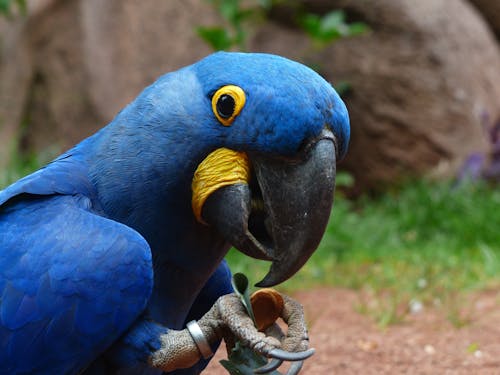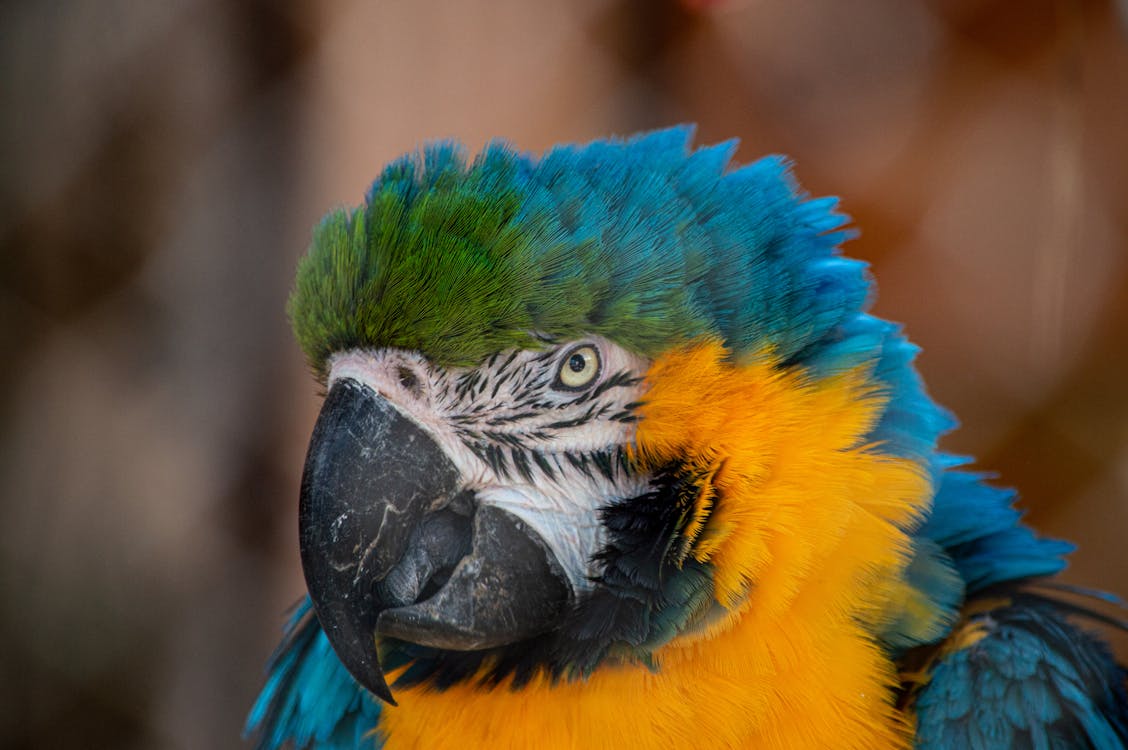How to Fix 5 of the Most Common Pet Bird Behavior Problems
While companion birds can be a joy, there are also times when they exhibit behaviors that test the resolve of their owners.
The solution, including knowing why these problems arise, is a crucial element in keeping your relationship with your bird one of health and happiness.
This article will cover five common pet bird behavior problems and what can be done to fix them.
Excessive Screaming
A lot of birds are naturally very vocal, but screaming too much can be a problem.
Such behavior is usually due to boredom, attention-seeking or stress from the environment.
How to Fix It:
Identify Your Triggers:
Pay attention to when and why your bird screams. Is it an attention-seeking behavior, or does it sing at certain times?
Provide Enrichment:
- Provide Toys
- Foraging
- Safe Perches for Mental Stimulation.
Build a Schedule:
- Birds live for routine
- Maintain feeding
- Play, and sleep routines
Ignore the screaming:
This is a sure-fire way to reward this unpleasant behavior during an outburst. Instead, praise your bird only if they are calm and silent.
Feather Plucking
The issue of feather-plucking can be very disturbing for the birds and their owners.
Nutritional deficiencies or medical conditions such as scalp psoriasis that you can’t see may also play with your mental health.
How to Fix It:
Take to a vet:
Eliminate reasons from the medical side on the grounds that dermal infections, parasites or hypersensitivities.
Diet Fix:
Mix high quality pellets with fresh fruits and vegetables
Keep Your Bird Stress-Free:
Provide your bird with a quiet and tranquil environment where they can move around freely and away from loud noises and disturbances.
Provide Entertainment:
Introduce new toys and rotate them regularly to allow for play but reduce boredom.
Biting and Aggression
Fearful, territorial or distrustful birds may respond with aggression and/or biting. It can become a big problem if it is left untreated.
How to Fix It:
Know the Reason:
Find out if your bird is scared, or just protecting its cage and/or mate.
Give Your Bird Time to Adjust:
Spend time near your bird, talk softly and offer treats.
Do not punish a bird:
If the bird bites, do not punish it this will encourage fear and aggression in him.
Carefully train your pet by doing the same thing when he bites; take away your attention.
Chewing on Furniture or Cages
Chewing is a big favorite among birds, but sometimes this habit can be negative when it comes to their furniture or cage.
How to Fix It:
Offer Safe Chew Toys:
Provide bird-safe chew toys to give your parrot a chance to chew on untreated wood or other safe materials.
Keep them occupied:
Use interactive toys and puzzles to keep your bird engaged.
Watch When Your Bird Is Outside of the Cage:
Never give your bird the chance to chew something that should not be chewed.
Walk the Poles:
Move your belongings out of reach or throw a blanket on them if you can’t.
Fearfulness and Skittishness
Certain birds may come across as too cowardly or shyer (and this is normal for those not accustomed to human interaction or new locations!).
How to Fix It:
Leave Space:
Give your bird time to acclimate to their surroundings, and do not pressure them to interact.
Apply Incentives:
Calm behavior is encouraged with treats/ and verbal praise in order to be rewarded.
Baby Steps:
Take small steps and allow your bird to get familiar with new things at its own pace.
Gentle & Steady:
Repeated regular handling will lead to less fear as time goes on.
Some General Tips for Avoiding Behavior Issues
Health evaluations: Make sure your pet has a clean bill of health by taking it to the vet routinely for checkups—some behaviors can be related to pet health.
Balanced Diet:
A good diet is needed for mental and physical fitness.
Socialization:
Take time with your bird so they will bond and not feel lonely.
Adequate Housing:
Maintain a roomy cage that is clean and equipped with suitable perches and toys.
Training:
Use positive reinforcement methods to reinforce good behaviors when teaching your puppy basic commands.

Final Thoughts
When solving behavior problems in your pet bird, it takes keen observation and a lot of time. However, with an understanding of the behavioural enemies and the positive solutions available to you, your bird can overcome these troubles and co-exist in harmony.
Whether it be scream, bite, or pluck feathers sacharavanov-25289 That cannot “your bird is probably behaving the way they are because of their environment and because of you. You would be surprised with how small tweaks could be done to gain a happier life, for both of you and your feathered one.
Work to remedy your pet birds behavioural problems with the following actions.
